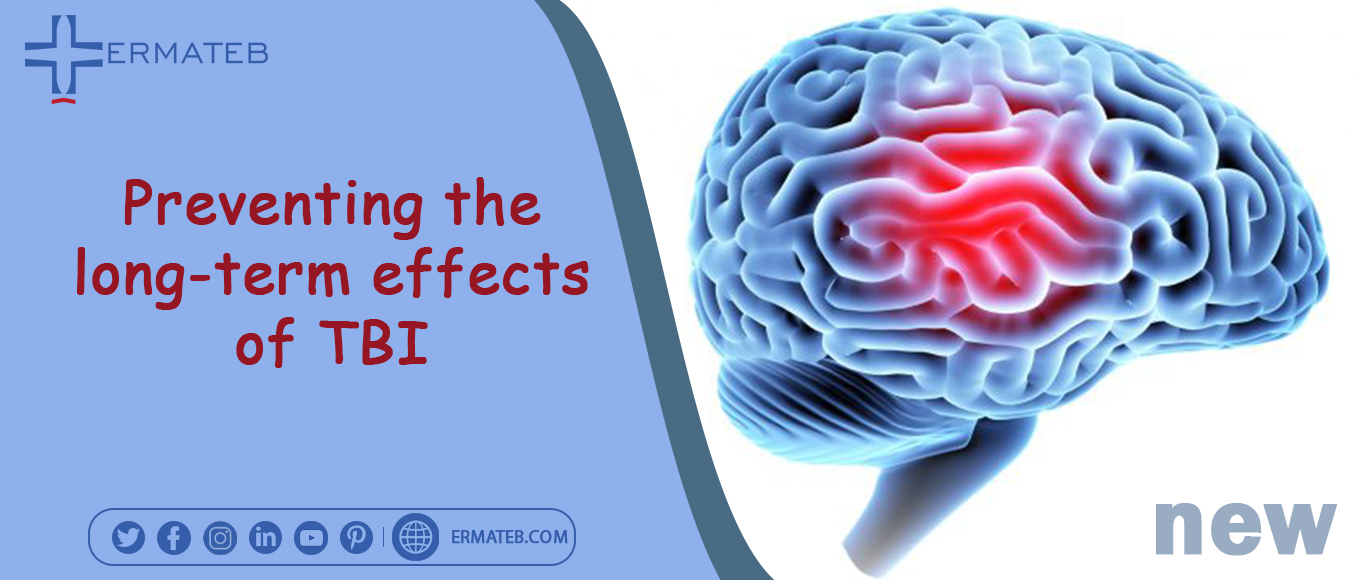
Researchers have identified a specific molecule in a part of the brain called the thalamus that plays a key role in secondary effects of traumatic brain injury (TBI), such as sleep disruption, epileptic activity, and inflammation. They also showed that an antibody treatment could prevent the development of these negative outcomes.
After a brain injury, you’ll become very sensitive to noise and bright lights, and find it hard to carry out your daily activities or perform well at your job, which is a common situation after a traumatic brain injury. many people experience bad side effects months or years later. These long-term effects can last a few days or the rest of a person's life. Many others suffer from a variety of long-term, problematic symptoms that continue to interfere with their lives. When they try to get help for these issues, they are often told there’s nothing more that can be done. A range of mental health and emotional issues can affect those who have suffered a TBI. Anxiety and depression are common. Personality (mood) changes, mood swings, and difficulty controlling impulses can also be an issue.
Traumatic brain injuries, which range from a mild concussion to a severe injury, can be the result of a fall, sports injury, gunshot injury, explosion, or domestic violence. Traumatic brain injury affects 69 million people around the world yearly and is the leading cause of death in children and a major source of disability in adults.
“The goal of our study was to understand how the brain changes after traumatic brain injuries and how those changes can lead to chronic problems, such as the development of epilepsy, sleep disruption, and difficulty with sensory processing."
"Overall, our study indicates that targeting the C1q molecule after injury could avoid some of the most devastating, long-term consequences of traumatic brain injury," says Holden. "We hope this could eventually lead to the development of treatments for traumatic brain injury. Blocking C1q can actually reduce harmful inflammatory responses. It's a way of telling the brain, its okay, you've done the protective part and you can now turn off the inflammation.”

